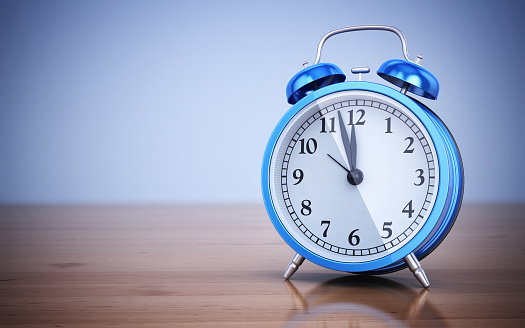How to Get More Sleep and Completely Change Your Life Tonight
Article posted in: Lifestyle
Wondering how to get more sleep? It is possible and it’s also super important for your health.
Sound slumber can boost energy, focus and memory. It’s also good for your heart, immune system and, let’s be honest… your mood. And, it doesn’t stop there: A good night’s sleep is vital to maintaining a healthy weight. According to the Division of Sleep Medicine at Harvard Medical School, skimping on sleep can mess with the hormones that control hunger, impact your metabolism and lead to weight gain.
Make seven to nine hours a night your goal. Here are some strategies to help you get to bed earlier and sleep better.
1. Stick to a sleep schedule.

If you do nothing else, this is the tip to try: Go to bed at roughly the same time every night, and get up at about same time every morning (yes, weekends, too). A consistent sleep routine helps keep your body’s biological clock steady, so you sleep more soundly.
2. Get moving, preferably in the morning.

Exercising in the early hours may mean sounder sleep at night. The National Sleep Foundation explains that people who work out on a treadmill at 7:00 a.m. sleep longer, deeper and spend 75 percent more time in the restorative stages of sleep than those who exercise later in the day. Most people should skip strenuous workouts close to bedtime. Instead, try yoga or simple stretching to help you unwind.
3. Pencil in worry-time.

You know those nights you spend in bed tossing and turning, while you run through tomorrow’s to-do list in your head, get anxious about an upcoming deadline or replay an argument you had with your sibling. Then, you just can’t sleep. To help avoid, or at least minimize, the bedtime stress session, allot 10 or 15 minutes during the day to make your lists, write down concerns and figure out your next steps. Once your worries have action plans, you’ll rest easier and sleep sounder.
4. Consider your meals.

Eating a big or spicy dinner can give you indigestion, making it harder to sleep. No large meals within two or three hours of bedtime, if possible. Avoid caffeine, nicotine and alcohol late in the evening as well. If your stomach is rumbling after-hours, try a light snack, like popcorn, about 45 minutes before you hit the sack.
5. Power down before bed.

This applies to you and your electronics. A relaxing routine can help your body transition from active day to drowsy night. In the last hour or so before bed, take a warm shower, read a little with a small book light or spend some time meditating (even if it’s just five minutes) to help ease your mind. The glow from your laptop, smart phone, tablet and other electronics can be a powerful wake-up signal to your brain. The darker your room, the deeper you’ll sleep.






